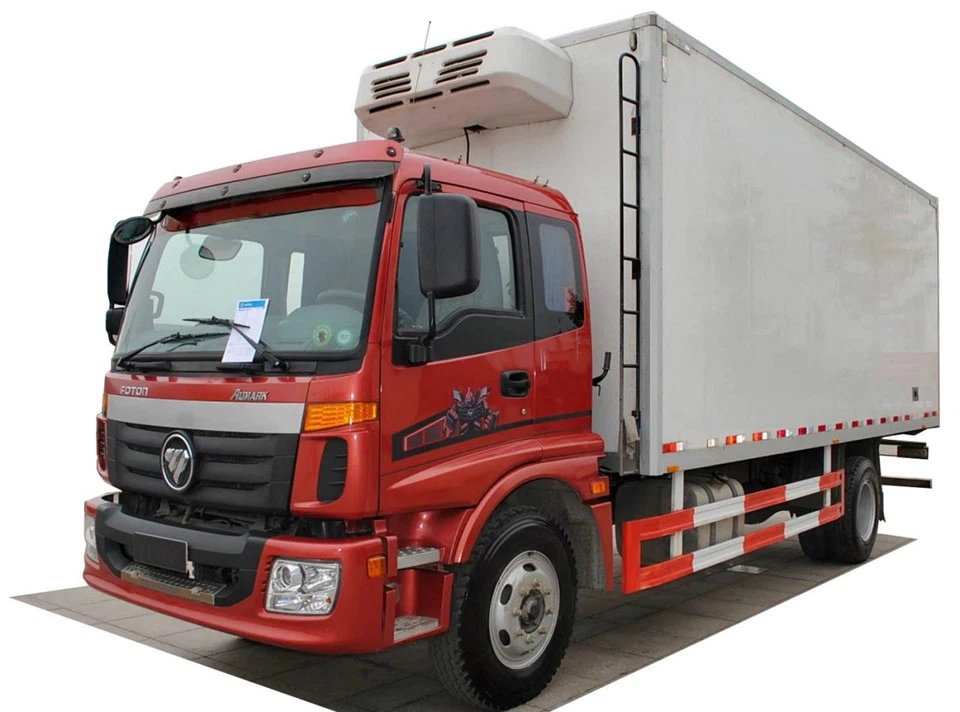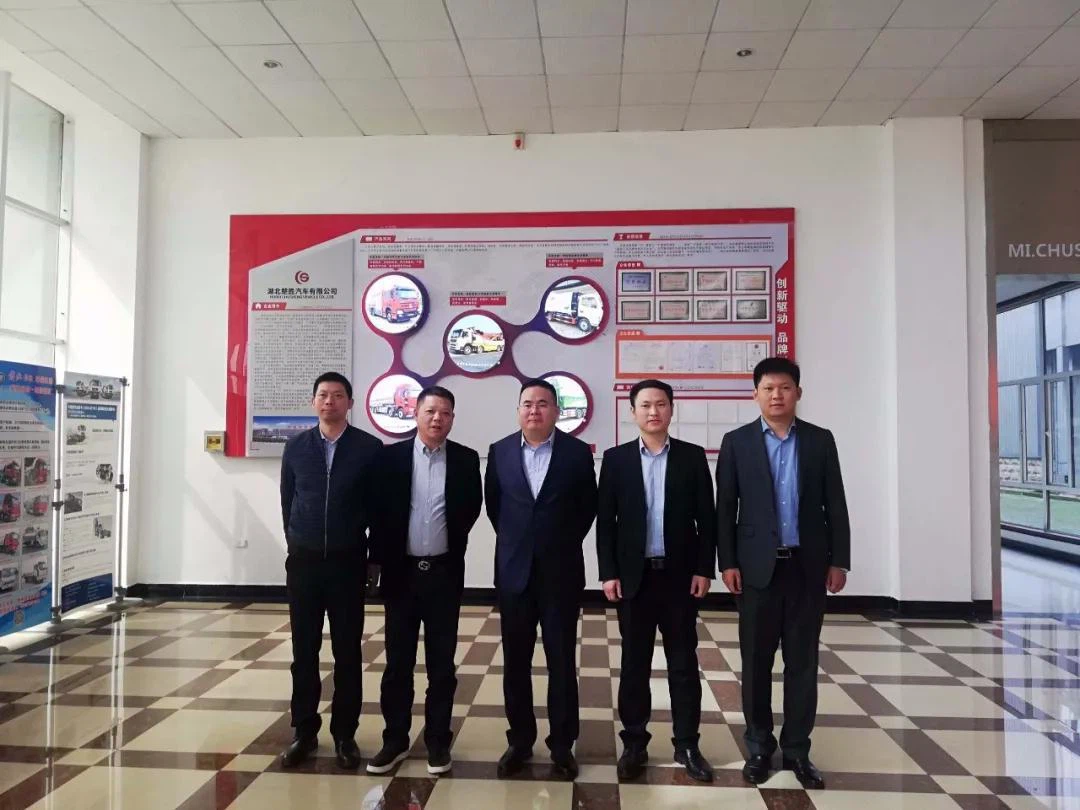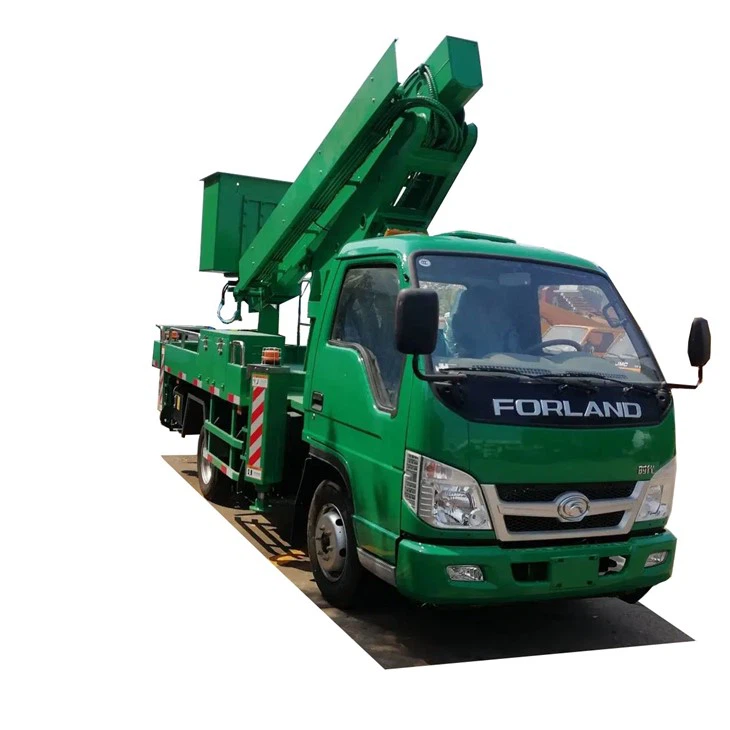Understanding Waste Disposal Vehicles: Types, Functions, and Best Practices

In today’s world, effective waste management is crucial for maintaining a clean environment and promoting public health. Waste disposal vehicles play a pivotal role in this process, ensuring that waste is collected, transported, and disposed of safely and efficiently. This article delves into the various types of waste disposal vehicles, their functions, technology advancements, and essential tips for their optimal use.
The Importance of Waste Disposal Vehicles
Waste disposal vehicles are essential in modern waste management systems. They contribute significantly to urban sanitation, environmental protection, and public health. By efficiently collecting waste from residential, commercial, and industrial areas, these vehicles help prevent pollution and the spread of diseases.

Environmental Impact
Proper waste disposal minimizes environmental pollution, which can result from improper waste handling. Waste disposal vehicles are designed to collect various types of waste, including recyclable materials, organic waste, and hazardous substances, thus reducing landfill burden.
Economic Significance
The waste disposal industry is not only critical for environmental reasons but also for economic stability. Efficient waste collection helps maintain property values and promotes business viability in cities and towns.
Types of Waste Disposal Vehicles
Various types of waste disposal vehicles are used globally, each designed for specific waste types and collection methods. Understanding these vehicles helps in selecting the right one for particular needs.
1. Garbage Trucks
Garbage trucks are the most commonly known waste disposal vehicles. They primarily collect household waste and are equipped with compaction systems to minimize the volume of waste.
Types of Garbage Trucks
- Rear Loader: These trucks have a large back compartment that allows for easy loading of waste. Ideal for residential areas.
- Front Loader: Used for commercial waste collection; they have forks that lift dumpster bins and load waste from the front.
- Side Loader: Equipped with an automated loading mechanism, these trucks can collect waste from the side, making them efficient for urban areas.
2. Recycling Trucks
Recycling trucks are specifically designed to collect recyclable materials. They often have separate compartments to keep different materials (e.g., paper, plastics, metals) separate to facilitate processing.
3. Roll-Off Trucks
These trucks are used for large-scale waste removal projects. They feature a flatbed that can accommodate large containers filled with construction debris, yard waste, or bulky items.
4. Vacuum Trucks
Vacuum trucks are specialized vehicles designed to suck up liquid waste, sludges, and sludge from tanks and pits. Commonly used in septic services and industrial applications.
5. Specialized Hazardous Waste Trucks

These vehicles are specifically designed to transport hazardous materials while ensuring strict compliance with safety regulations to prevent environmental contamination or health hazards.
Technology Advancements in Waste Disposal Vehicles
Recent advancements in technology have significantly improved the efficiency and effectiveness of waste disposal vehicles. Here are some notable innovations:
1. GPS and Route Optimization
Many modern waste disposal vehicles are equipped with GPS technology for route optimization. This not only saves time but also reduces fuel consumption, resulting in a lower carbon footprint.
2. Automated Collection Systems
Automated collection systems allow for less manual labor, improving efficiency and safety. These systems can include robotic arms that operate from the cab of the truck, minimizing physical strain on workers.
3. Alternative Fuel Vehicles
With increasing concerns about pollution and climate change, many waste disposal companies are investing in alternative fuel vehicles that run on compressed natural gas (CNG) or biofuels, reducing emissions.
4. Smart Waste Management Systems
Smart technology, such as sensors on waste bins, can alert collectors when they are full, allowing for more efficient collection routes and schedules.
Best Practices for Waste Disposal Vehicle Operation
To ensure the effective operation of waste disposal vehicles, adopting best practices is essential.
1. Regular Maintenance
Implementing a regular maintenance schedule helps avoid breakdowns and extends the lifespan of waste disposal vehicles. Maintenance checks should include engine diagnostics, brake checks, and inspections of loading systems.
2. Training for Operators
Ensure that all operators are adequately trained in the safe operation of waste disposal vehicles. This includes handling different types of waste and understanding safety protocols.
3. Eco-friendly Practices
Promote recycling and composting initiatives to reduce the amount of waste collected. This lowers the burden on waste disposal vehicles and contributes to sustainability efforts.
Challenges Faced by Waste Disposal Vehicles
Despite the benefits, waste disposal vehicles face several challenges that can hinder their effectiveness:
1. Urban Congestion
In densely populated urban areas, traffic congestion can delay collections and increase operational costs.
2. Contaminated Loads
When recyclable materials are mixed with non-recyclables, it can lead to contaminated loads, making recycling efforts less effective and increasing disposal costs.
3. Public Health Risks
Improper handling of waste can result in public health risk factors, including the spread of diseases through exposure to hazardous or contaminated waste.
4. Limited Funding
Many municipal waste disposal departments face budget constraints that can limit the services they provide and the vehicles they can purchase or maintain.
Tips for Efficient Waste Disposal Vehicle Use
Here are some tips to maximize the effectiveness of waste disposal vehicles:
1. Schedule Regular Collections
Establishing a regular collection schedule helps ensure that waste does not pile up, making the collection process smoother.
2. Educate the Public
Engage the community with educational programs on proper waste disposal and the importance of recycling to minimize contamination.
3. Monitor Vehicle Performance
Utilize telematics to track vehicle performance. Monitoring fuel usage, maintenance needs, and driver behavior can improve routes and reduce costs.
Future of Waste Disposal Vehicles
The future of waste disposal vehicles looks promising, with ongoing innovations and an increasing focus on sustainability. Prospective trends include:
1. Increased Automation
As technology advances, we can expect more automated systems that simplify waste collection and minimize human intervention.
2. Enhanced Sustainability Efforts
An emphasis on electric vehicles and renewable energy sources for waste collection will contribute to lower greenhouse gas emissions and improved urban air quality.
Frequently Asked Questions (FAQs)
1. What types of waste can be collected by waste disposal vehicles?
Waste disposal vehicles can collect various types of waste, including municipal solid waste, recyclables, yard waste, and hazardous materials.
2. How often should waste disposal vehicles operate?

The frequency of waste collection largely depends on the volume of waste generated in a specific area but typically ranges from weekly to bi-weekly for residential areas.
3. Why is maintenance important for waste disposal vehicles?
Regular maintenance is crucial for ensuring the safety, efficiency, and longevity of waste disposal vehicles, preventing breakdowns and maintaining compliance with regulations.
4. What are the environmental benefits of using waste disposal vehicles?
Waste disposal vehicles help reduce pollution, conserve resources through recycling, and improve public health by ensuring proper waste management and disposal.
5. How can communities improve their waste disposal practices?
Communities can improve waste disposal practices by promoting recycling, composting, educating residents about waste management, and ensuring timely collections.
6. Are there any regulatory requirements for operating waste disposal vehicles?
Yes, waste disposal vehicles must comply with local, state, and federal regulations regarding waste collection, transportation, and disposal, including safety and environmental standards.
